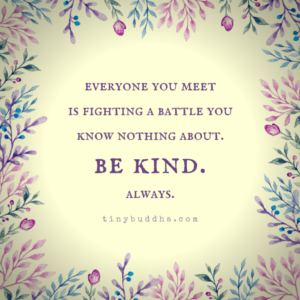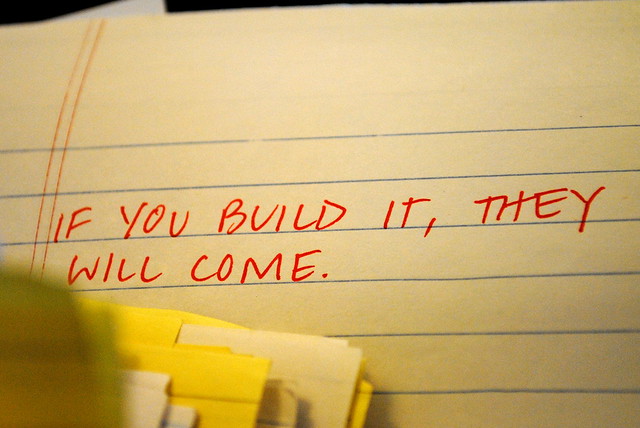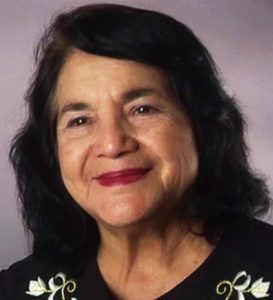This is how I deal with difficult situations…

Just kidding!
I actually have a very simple approach for dealing with difficult situations; I ask myself “If this is the worst thing that happens to me today, how bad is my day going to be?” Essentially I am putting the ‘difficult situation’ into perspective of the grand-scheme of things…things being life.
The approach works well for simple-difficult situations such as being late to a meeting, and for more complex-difficult situations like disagreeing with a colleague. When I realize that a situation is not as difficult as I might have originally thought, I am more open to new ideas for problem solving, and I have a more positive attitude as well.
I teach a slightly modified version of this approach to students when I teach the Health and Stress chapter in Psychology 101. I encourage students to rank their difficult situations/stressors on a scale of 1-10: one being ‘no big deal’ and ten being the ‘absolute worst thing that could ever happen in the world.’ Many students have testified that learning to evaluate and to put difficult situations/stressors into perspective is one of the most valuable lessons they learned during the semester.
Trust me, I know everyday in life is not going to be full of baby bunnies, butterflies and rainbows; life throws curve-balls.  However by keeping life events in perspective of the overall impact that event has on the quality of life keeps many difficult situations from being difficult at all.
However by keeping life events in perspective of the overall impact that event has on the quality of life keeps many difficult situations from being difficult at all.
















